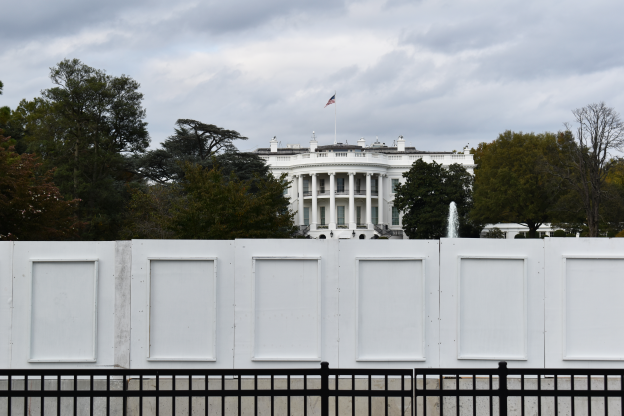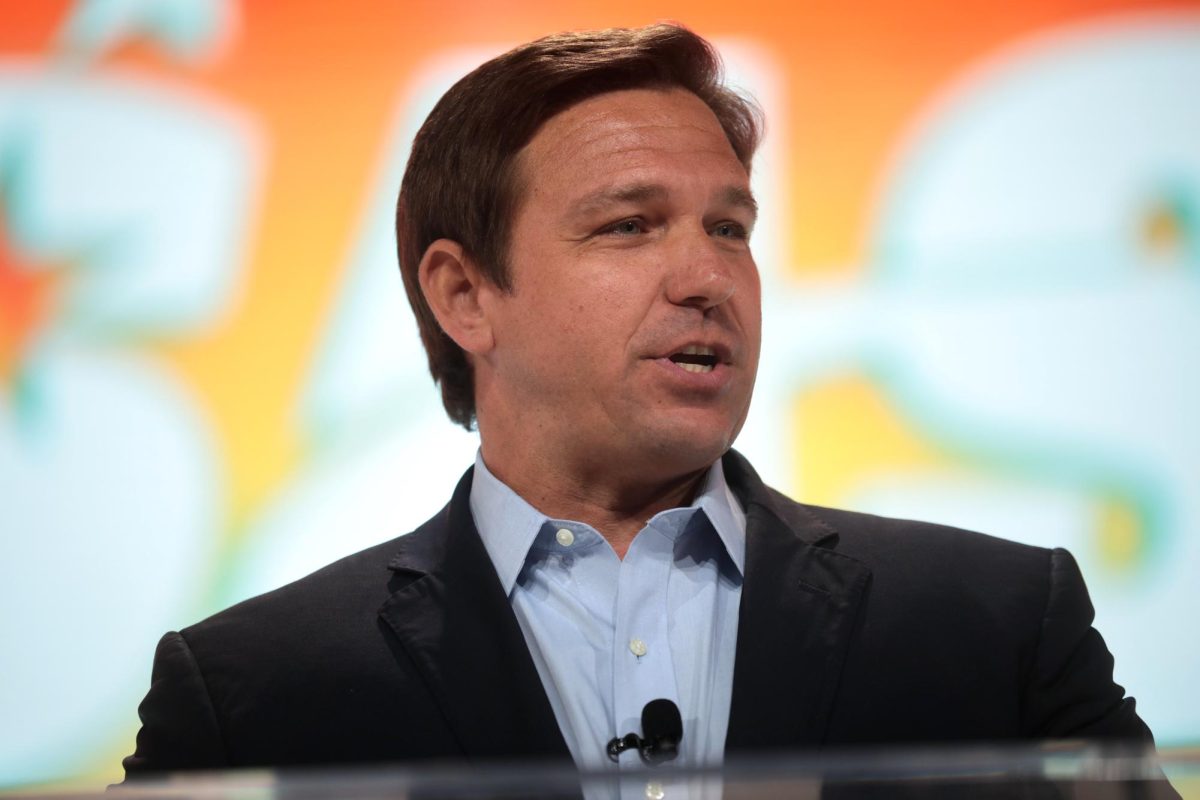
Matt Venezia is a sophomore biology major with a minor in writing.
Though it is not well-known, the United States is currently funding and overseeing the vaccination efforts of multiple Pacific Island nations, including Palau, Micronesia and the Marshall Islands.
Many nations lack the infrastructure to produce vaccines en masse. They otherwise would have to rely on purchasing vaccinations from other countries or the United Nations’ vaccination distribution system. However, because of the U.S.’ close economic ties with these nations codified in the Compacts of Free Association, a series of multilateral agreements that open up these nations’ economies to the U.S., their vaccination rates are the envy of the world.
It is rare that the U.S., in foreign policy, does something without its own strategic interests in mind. The relationship with these three tiny island nations is no different, as they seek to keep their influence in the Pacific and its trade routes. Even as China expands into the region, the Compacts of Free Association allows the U.S. to preserve open trade routes with its Asian allies.
The Pacific is considered a strategic region for the U.S. and the Compacts of Free Association allows the U.S. to keep open trade routes between itself and its Asian allies. Additionally, U.S. foreign policy seeks to keep its hegemony over the Pacific and its trade routes as China expands into the region.
Thus, the vaccinations are being sent by the U.S. not just to prevent infection on these islands, but also to keep strategic trade routes open and to prevent China from gaining greater control over the region. To prioritize the vaccination of nations based solely on the U.S.’ economic interests is wrong. Geopolitics and economics are arbitrary in the face of a global pandemic.
During a pandemic, in which over two million people have died, it is in everyone’s best interest that a majority of the world be vaccinated; viruses do not care about geopolitics. It is crucial that all countries, not just wealthy ones, have their citizens vaccinated in a timely fashion.
However, the U.S. is only overseeing three island nations’ vaccination programs, with a combined population of about half a million people. While the U.S. has now purchased enough vaccines to immunize its adult population three times over, there are currently no concrete plans to distribute surplus vaccines abroad or to sponsor other nations’ vaccination programs.
Though President Joe Biden has pledged to “try to help the rest of the world” after “making sure Americans are taken care of first,” the only efforts the administration has made to donate surplus vaccines is to opt into COVAX, the United Nations’ vaccination program that plans to distribute vaccines to nations in need, and to send surpluses to Mexico and Canada, two nations with their own vaccination plans in place.
With enough potential surplus vaccines to immunize nearly half a billion people, the U.S. should form a detailed plan to distribute vaccines to areas of the world that cannot subsidize their own programs, just as it has done in the Pacific. Currently, many nations find themselves in this precarious position of being unable to immunize their own populations.
If vaccine rollout trends continue, much of Africa will not be vaccinated until 2023 or 2024, even with the COVAX program, while many Caribbean and Central American nations, which have historically been in the U.S.’ sphere of influence, have not even begun their vaccination rollouts yet.
Equitable access to vaccinations is a crucial factor in ending this pandemic. At the current rate, the populations of countries like the U.S. will be vaccinated years before those of the poorest nations on Earth. If the U.S. is to continue buying surplus vaccinations, it must consider a plan to distribute them equitably to other nations without being considered over economic gains. For the sake of putting the COVID-19 pandemic to an end, we must extend our foreign aid past our own interests.


















